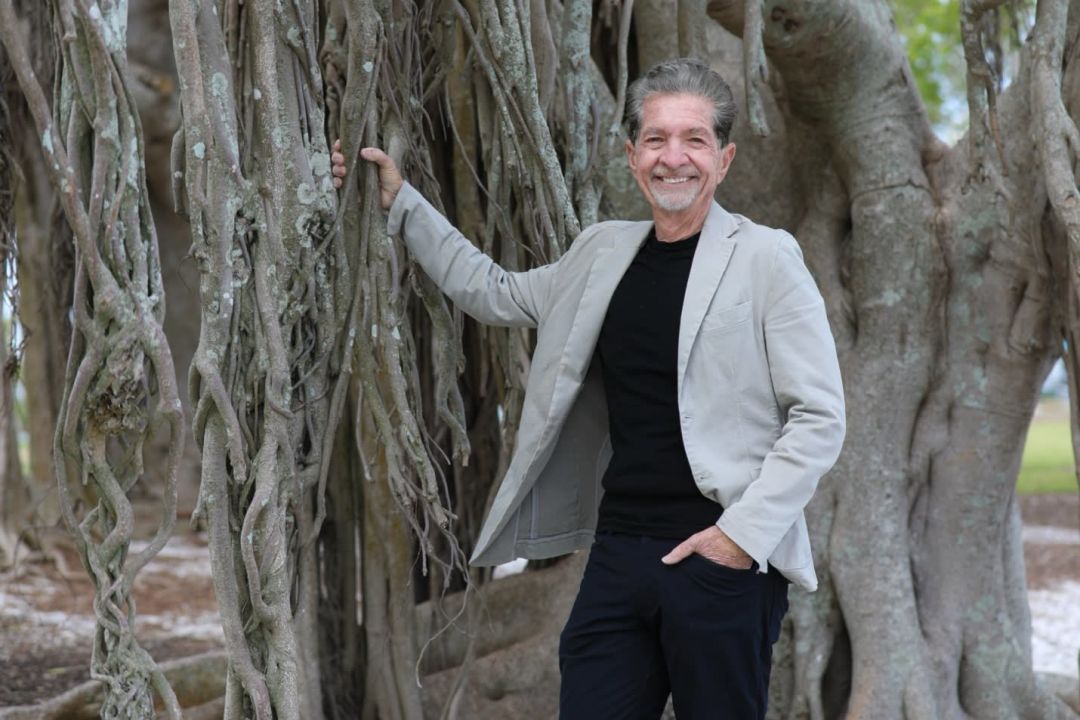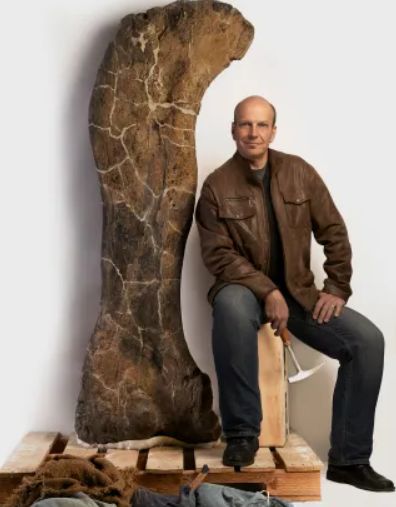World Experts to Rally at the 5th Annual Florida Climate Conference: Climate & Biodiversity
In the sun-kissed embrace of Sarasota, where the Gulf's azure waters meet mangrove-fringed shores, the reality of climate change is no distant threat—it's our daily tide. As of 2024, global temperatures have already surged past the critical 1.5°C threshold above pre-industrial levels for the first time in human history, with 2025 projections signaling a sustained breach that amplifies risks for our fragile ecosystems. And the pace? It's unprecedented: Today's warming is unfolding roughly 20 times faster than the recovery from the last Ice Age, outstripping any shift in recorded human history and compressing eons of change into mere decades.
For Florida, this turbocharged warming spells peril for our biodiversity hotspot——yet it also unlocks extraordinary opportunities for adaptation and mitigation.
On November 13, 2025, the Climate Adaptation Center (CAC) hosts its 5th Annual Florida Climate Conference, "Climate and Biodiversity," at the University of South Florida Sarasota-Manatee campus. Far from a doomsday dirge, this high touch audience participation event harnesses lessons from ancient climate upheavals—like the mass extinctions tied to the five great die-offs of the past—to forge practical paths forward, lowering risks through innovative strategies until global efforts can reverse the locked-in warming we're inheriting.
“The insights from the past should inform our future given the unprecedented warming the planet is undergoing. By putting science to work through our communities we will have a big role in deciding if another climate caused extinction is in the cards” says CAC CEO and Chief Scientist, Bob Bunting.

Image: Janet Combs
Picture a day of dynamic dialogue at the Selby Auditorium (8350 N Tamiami Trail) lead by 10 exceptional speakers with the usual audience participation we all have become part of at CAC events, running from 8 a.m. to 4:45 p.m., where Sarasota's salty air mingles with ideas that will redefine resilience not for climates past but for the next several lifetimes. The CAC, a local nonprofit powerhouse spotlights how past ice age cycles offer blueprints for today's battles in this year’s conference
Kicking off at 8:30 a.m. is Dr. Ken Lacovara, the Indiana Jones of paleontology and director of Rowan University's School of Earth & Environment and Executive Director of the newly opened Edelman Fossil Park & Museum. Renowned for excavating the massive Dreadnoughtus in Patagonia, Lacovara's "Climate & Biodiversity through the Last Ice Age" draws from fossil records to illustrate how abrupt warming episodes triggered biodiversity crashes—mirroring our current sprint toward a sixth extinction. Yet, he highlights adaptive survivors: Species that migrated or evolved traits for resilience, offering hope for Florida's fauna. "Ancient lessons show us that while rapid change is brutal, strategic interventions can preserve life's diversity," Lacovara shares, setting an optimistic tone for harnessing history against havoc. Humanity has a big say in the outcome!

Image: Climate Adaptation Center
At 9:30 a.m., Bob Bunting takes the stage with "Global Climate and Biodiversity since The Last Ice Age, Zeroing in on Florida’s Unique Challenge." A climate veteran with stints at NOAA and The National Center for Atmospheric Research (NCAR) and the University of Colorado, Bunting will map climate and biodiversity since the last ice age and then take us on the latest projections for the next 200 years.
The lineup brims with experts turning alarm into action. At 11 a.m., Dr. Pam Soltis, co-director of the University of Florida Biodiversity Institute and a genomics pioneer who's decoded thousands of Florida flora, presents "From the Everglades to the Gulf: How Climate Change is Reshaping Florida’s Ecosystems." She'll explore "novel ecosystems" emerging from warming—opportunities for resilient hybrids—while outlining adaptation tactics like assisted migration for endangered plants, potentially saving icons like the Florida panther from the brink.
Post-lunch (grab a bite on the breezy USF plaza), Dr. Alastair Harborne of Florida International University tackles "The Coastal Crisis: Rising Seas, Warming Oceans, and Ecosystem Collapse" at 12:30 p.m. A marine ecology maestro, Harborne will dissect Florida-specific strategies: Restoring seagrasses to combat acidification and engineering "living shorelines" that mitigate erosion while boosting fish stocks—protecting our $1.5 billion fisheries and tourism lifeline.
At 1:20 p.m., Dr. Colin Polsky from Florida Atlantic University poses "How Are We Gonna Pay for It?" As head of FAU's environmental sustainability school, he'll unpack funding pipelines—federal grants, green bonds, and eco-tourism incentives. Without adaptation of infrastructure our state faces cumulative losses of $100 billion by the middle of this century.
The afternoon sparks with ingenuity: Dr. Liv Liberman of Revive & Restore at 2:30 p.m. demos "Biotechnology Advances for Wildlife Conservation," from gene-editing heat-tolerant corals to de-extinction tech for lost lineages—tools to slash extinction risks by 50% in vulnerable populations. Local hero Dr. Erinn Muller of Mote Marine Laboratory & Aquarium (Sarasota's own) follows at 3:10 p.m. with "Innovation and Novel Interventions to Support Coral Reef Restoration." Mote's labs are breeding super-corals; her session spotlights scalable methods to revive our $8 billion reef economy, turning bleaching battlegrounds into thriving barriers against storms.

Image: Climate Adaptation Center
The finale at 3:50 p.m., the "Florida Action and Commitment Panel" moderated by CAC board member Elizabeth Moore, unites Dr. Hilary Swain of Archbold Biological Station, Mallory Dimmitt of the Florida Wildlife Corridor Foundation. They'll comment on tangible wins based on decades of working on large swaths of Florida’s landmass: Policy for climate-resilient zoning, community-driven habitat links, and R&D hubs in the Sunshine state to pioneer global adaptation and mitigation. Swain sums it up: "Biodiversity's our buffer—protect it, and we protect ourselves."
Florida's dual destiny will be revealed: Top-ranked for extinction threats yet primed for protection with initiatives like the $640 million Resilient Florida Program. Over the next 200 years, without adaptation and mitigation, sea levels should rise 2-6 meters depending on when and if the warming stabilizes at higher levels, but adaptation—think elevated infrastructure and restored wetlands—can significantly lower those impacts. It’s not easy being human because we thrive in a very narrow temperature range and modern day comforts are not guaranteed a rapid climate changes continue.
For Floridians, November 13 isn't dread—it's empowerment. By blending ice-age wisdom with modern adaptation and mitigation, this conference equips us to adapt, mitigate, and maybe even reverse course, ensuring our paradise endures for generations. TICKETS are available - https://theclimateadaptationcenter.networkforgood.com/events/85027-5th-annual-florida-climate-forecast-conference-climate-and-biodiversity Drive in and join us!